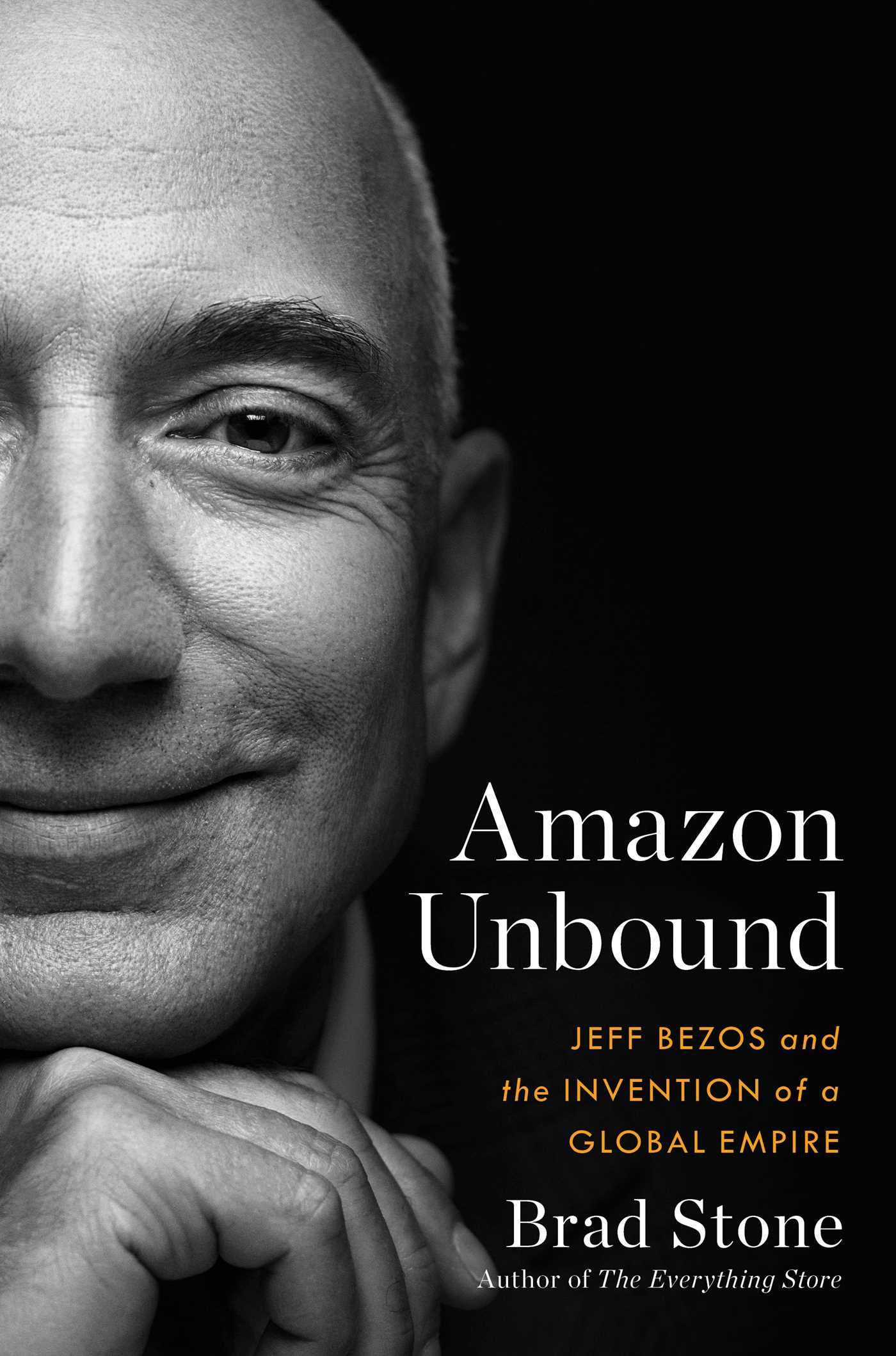
Amazon Unbound
Brad Stone
About the Author

Brad Stone
Questions & Answers
Jeff Bezos's vision and leadership style significantly shaped Amazon's transformation. His relentless pursuit of innovation and customer-centric approach led Amazon from an online bookstore to a global tech giant. Bezos's "Think Big" philosophy inspired bold projects like the Amazon Go store and Alexa, pushing Amazon into new markets and technologies. His focus on efficiency and customer satisfaction, epitomized by Amazon's "Day 1" culture, fostered a culture of continuous improvement and innovation. His leadership style, characterized by a combination of bold vision and hands-on management, allowed him to guide Amazon through various challenges and expansions, from cloud computing to grocery delivery. Bezos's ability to take calculated risks and his willingness to pivot when necessary, as seen with the Amazon Fire Phone and Whole Foods acquisition, were crucial in Amazon's evolution.
Amazon's success was propelled by key technological innovations and strategic business moves that disrupted traditional markets. Innovations included the Kindle e-reader, which transformed the book industry; Amazon Web Services (AWS), which revolutionized cloud computing; and Amazon Prime, offering fast shipping and membership benefits. Their business strategies included a focus on long-term growth over short-term profits, "Day 1" culture emphasizing innovation and customer obsession, and a decentralized, "two-pizza team" structure for agility. Amazon disrupted traditional markets by creating a one-stop shopping experience, leveraging data for personalized recommendations, and using its vast logistics network to offer same-day delivery. Their aggressive expansion into new markets, such as groceries and healthcare, further challenged established players.
Amazon navigated antitrust scrutiny and public criticism by adopting a proactive and combative approach. It engaged in strategic communication, often challenging critics and defending its practices. The company's key strategies included:
- Public Relations and Communication: Amazon actively responded to criticism through statements and articles, often emphasizing its commitment to customers and innovation.
- Legal Preparations: Amazon trained employees on antitrust compliance and used legal language to avoid triggering antitrust concerns.
- Regulatory Engagement: The company engaged with regulators, providing information and justifying its business practices.
- Innovation and Expansion: Amazon continued to innovate and expand into new markets, demonstrating its resilience and adaptability.
Lessons learned from Amazon's experiences include:
- Communication is Key: Proactive communication can shape public perception and mitigate damage from criticism.
- Legal Compliance is Essential: Understanding and adhering to antitrust laws is crucial for long-term success.
- Innovation and Adaptability: Continual innovation and adaptation to changing market conditions can help a company navigate scrutiny and criticism.
Amazon's culture and organizational structure played a pivotal role in its success by fostering innovation, speed, and a relentless focus on customer satisfaction. Initially, its decentralized and fast-moving "two-pizza teams" encouraged agility and creativity, allowing for rapid experimentation and iteration. The "narrative" process for decision-making ensured thorough consideration and alignment.
Over time, Amazon's culture evolved to accommodate its growth. The "Day 1" philosophy emphasized innovation and agility, while the "Think Big" principle pushed boundaries. The S-team, a council of like-minded leaders, maintained high standards and a customer-centric approach. However, the company faced challenges, including employee burnout and ethical concerns, prompting changes like simplifying performance reviews and improving parental leave policies.
Amazon's structure also evolved, with the separation of AWS as a distinct entity and the emphasis on profitability. The "span of control" directive aimed to flatten the organization and maintain agility, though it caused some turnover. Despite these changes, Amazon's culture and structure remained centered on innovation, customer obsession, and a relentless pursuit of excellence, which contributed to its continued growth and success.
Jeff Bezos's personal beliefs and values significantly influenced Amazon's business decisions and its societal impact. His focus on invention and long-term growth, epitomized by the "Day 1" philosophy, led to Amazon's rapid expansion and innovation, from online retail to cloud computing and space travel. His customer-centric approach, exemplified by the "frugality" principle, aimed to provide the best value to customers, often at the expense of short-term profits. This strategy, combined with his aversion to conventional methods, fostered a culture of rapid experimentation and data-driven decision-making.
However, Bezos's leadership also raised concerns. His focus on growth sometimes overshadowed employee welfare and environmental impact. Amazon's labor practices, including warehouse conditions and employee firings, sparked criticism. Additionally, Amazon's market dominance raised antitrust concerns, with debates over its impact on smaller businesses and competition. Despite these issues, Bezos's vision and relentless pursuit of innovation have shaped modern business and technology landscapes.